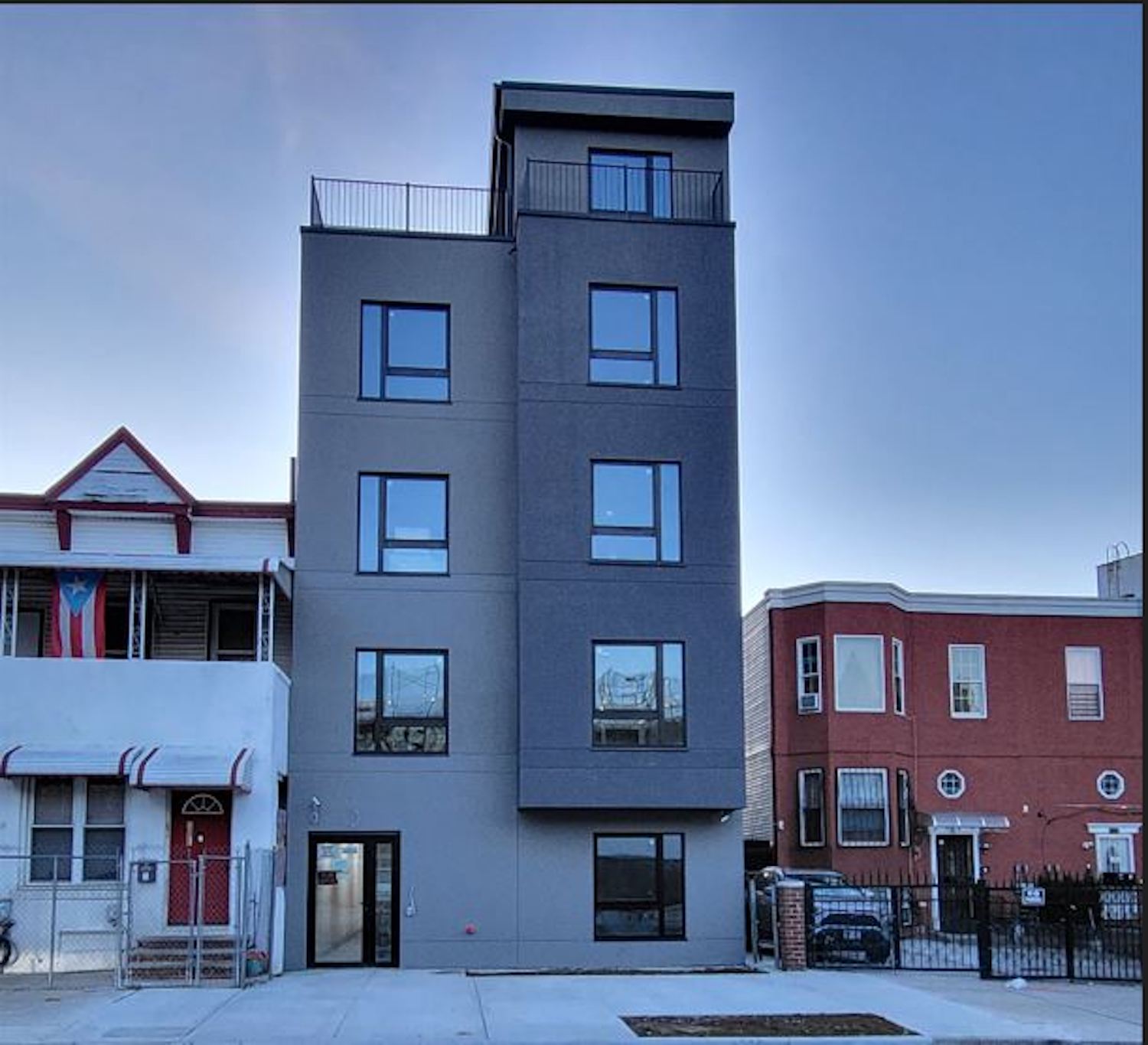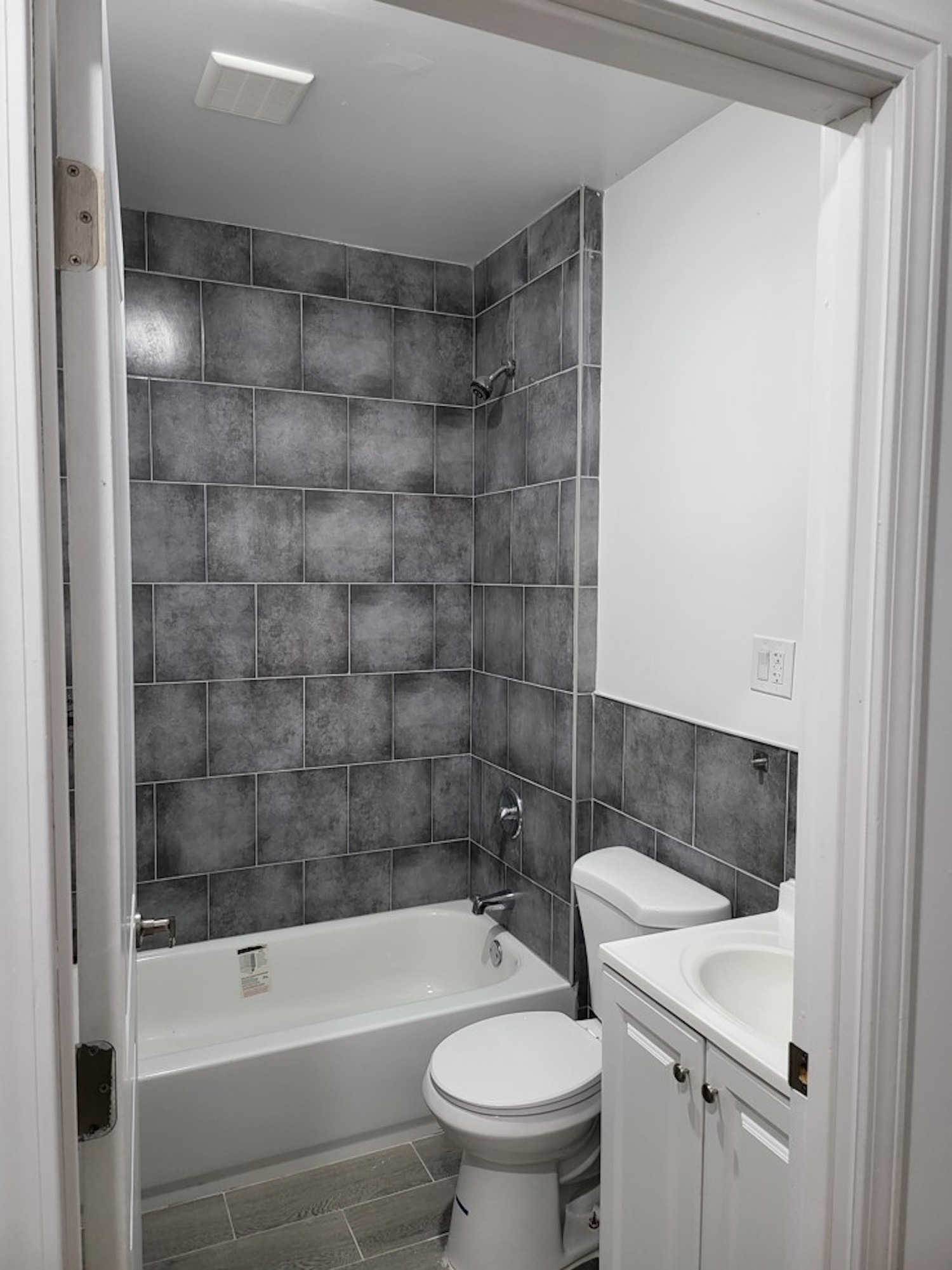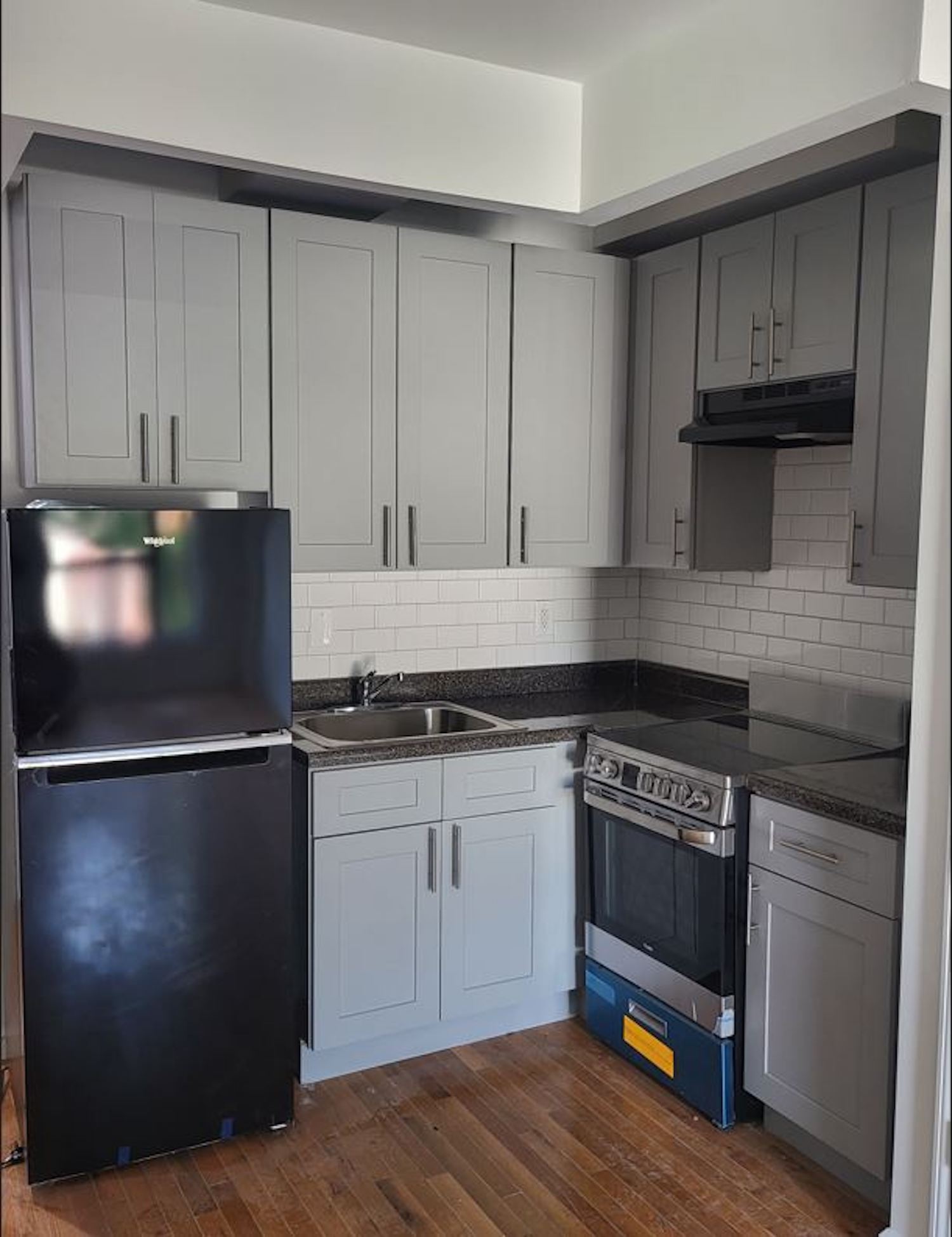Damian Williams, the United States Attorney for the Southern District of New York, announced that PABLO RENATO RODRIGUEZ, the co-founder of AirBit Club with GUTEMBERG DOS SANTOS, was sentenced to 12 years in prison for orchestrating the massive global AirBit Club pyramid scheme. RODRIGUEZ and his co-conspirators deceived individuals into investing in AirBit Club, a purported cryptocurrency mining and trading company, and executed a sophisticated money laundering operation to hide their illegal profits pilfered from AirBit Club. RODRIGUEZ’s co-defendants, DOS SANTOS, SCOTT HUGHES, CECILIA MILLAN, and KARINA CHAIREZ have pled guilty and are awaiting sentencing. RODRIGUEZ and his co-defendants collectively have been ordered to forfeit their fraudulent proceeds of AirBit Club, which include seized or restrained assets consisting of U.S. currency, Bitcoin, and real estate currently valued at approximately $100 million. U.S. District Judge George B. Daniels imposed today’s sentence.
U.S. Attorney Damian Williams said: “Rodriguez co-founded and led an international multimillion-dollar pyramid scheme that preyed on mostly unsophisticated investors with false promises that their money was being invested in cryptocurrency trading and mining. Instead of investing on behalf of investors, Rodriguez hid victims’ money in a complex laundering scheme using Bitcoin, an attorney trust account, and international front and shell companies and used victims’ money to line his own pockets. Rodriguez is one of many recent examples of individuals exploiting cryptocurrency to commit fraud, and today’s sentence should deter anyone who may be tempted to defraud others with false promises of cryptocurrency investments.”
According to public court filings and statements made in Court:
RODRIGUEZ and DOS SANTOS co-founded AirBit Club in 2015. They coordinated a scheme in which victim-investors (the “Victims”) were induced to invest in AirBit Club based on the false promise of guaranteed profits in exchange for cash investments in club “memberships” (the “AirBit Club Scheme” or the “Scheme”). AirBit Club, through its founders, RODRIGUEZ and DOS SANTOS, as well as its promoters (the “Promoters”), including MILLAN and CHAIREZ, marketed AirBit Club as a multilevel marketing club in the cryptocurrency industry. Promoters falsely promised Victims that AirBit Club earned returns on cryptocurrency mining and trading and that Victims would earn passive, guaranteed daily returns on any membership purchased.
RODRIGUEZ, DOS SANTOS, HUGHES, MILLAN, and CHAIREZ traveled throughout the United States and around the world to places in Latin America, Asia, and Eastern Europe, where they hosted lavish expos and small community presentations aimed at convincing Victims to purchase AirBit Club memberships. In furtherance of the AirBit Club Scheme, the Victims were fraudulently induced to buy memberships in cash, including in the Southern District of New York. Following a Victim’s investment, a Promoter provided the Victim with access to an online AirBit Club portal to view the purported returns on memberships (the “Online Portal”). While Victims saw “profits” accumulate on their Online Portal, those representations were false; no Bitcoin mining or trading on behalf of Victims in fact took place. Instead, RODRIGUEZ and his co-conspirators enriched themselves and spent Victim money on cars, jewelry, and luxury homes, and financed more extravagant expos to recruit more Victims.
In many instances, as early as 2016, Victims who attempted to withdraw money from the AirBit Club Online Portal and complained to a Promoter were met with excuses, delays, and hidden fees amounting to more than 50% of the Victim’s requested withdrawal, if they were able to make any withdrawal at all. In April 2020, another victim received a notice on the AirBit Club Online Portal that his account was closed – and principal investment lost – due to “execution of financial sustainability Reserve, policy #34 of the AirBit Club Terms and Conditions, due to the economic and financial crisis caused by (COVID-19).” This excuse regarding the COVID-19 pandemic was false.
RODRIGUEZ, DOS SANTOS, HUGHES, CHAIREZ, and MILLAN sought to conceal the AirBit Club Scheme, as well as their respective control of the proceeds of that Scheme, by requesting that Victims purchase memberships in cash, using third-party cryptocurrency brokers, and by laundering the Scheme’s proceeds through several domestic and foreign bank accounts, including an attorney trust account managed by HUGHES (the “Hughes Trust Account”). The Hughes Trust Account was ostensibly intended to maintain custody of HUGHES’s law practice’s client funds. Instead, the Hughes Trust Account was used by RODRIGUEZ, DOS SANTOS, HUGHES, CHAIREZ, and MILLAN to conceal the nature and origin of the AirBit Club Scheme’s illicit proceeds. Through that account, HUGHES directed Victim funds to the personal expenses of RODRIGUEZ, DOS SANTOS, CHAIREZ, MILLAN, and himself, and funded promotional events and sponsorships designed to further promote the AirBit Club Scheme.
Before AirBit Club, RODRIGUEZ and DOS SANTOS were sued by the Securities and Exchange Commission (“SEC”) for perpetrating another pyramid investment scheme known as Vizinova and paid $1.7 million in disgorgement and fines. HUGHES, an attorney licensed to practice law in California, represented RODRIGUEZ and DOS SANTOS in the Vizinova SEC action. HUGHES then aided RODRIGUEZ and DOS SANTOS in perpetrating the AirBit Club Scheme by, among other things, helping to remove negative information about AirBit Club and Vizinova from the internet.
RODRIGUEZ, 40, of Irvine, California, was also sentenced to three years of supervised release. RODRIGUEZ was further ordered to pay a forfeiture of $65 million and to forfeit various items of property, including: (i) $999,936.22 formerly held in escrow by Insured International Aircraft Title Service LLC for the Gulfstream Jet with Tail Number N370Z and Serial Number 2082; (ii) 1,322.98963846 in BTC seized from various Bitcoin wallets; (iii) $896,483.00 in United States currency seized from RODRIGUEZ’s California residence; (iv) RODRIGUEZ’s residence located at 117 Amber Sky in the City of Irvine, California 92618; (v) various watches and jewelry seized from RODRIGUEZ’s California residence; and (vi) 2,499.997 in BTC seized from various Bitcoin wallets.
DOS SANTOS, 48, of Panama City, Panama, MILLAN, 41, of Greensboro, North Carolina, CHAIREZ, 47, of Modesto, California, and HUGHES, 47, of Newport Beach, California, have pled guilty to charges including wire fraud conspiracy, which carries a maximum potential sentence of 20 years in prison; money laundering conspiracy, which carries a maximum potential sentence of 20 years in prison; and bank fraud conspiracy, which carries a maximum potential sentence of 30 years in prison. MILLAN, CHAIREZ, and HUGHES are scheduled to be sentenced on October 3, 2023. DOS SANTOS is scheduled to be sentenced on October 4, 2023.
Mr. Williams praised the outstanding investigative work of Special Agents from Homeland Security Investigations’ El Dorado Task Force. Mr. Williams further thanked the New York Waterfront Commission for its assistance in the forfeiture process and the attorneys and investigators at the SEC whose expertise and diligence were integral to the development of this investigation.
If you believe you are a victim of the AirBit Club fraud, updated information regarding the case and victims’ rights, as well as contact information for the victim witness coordinator, is available here.






